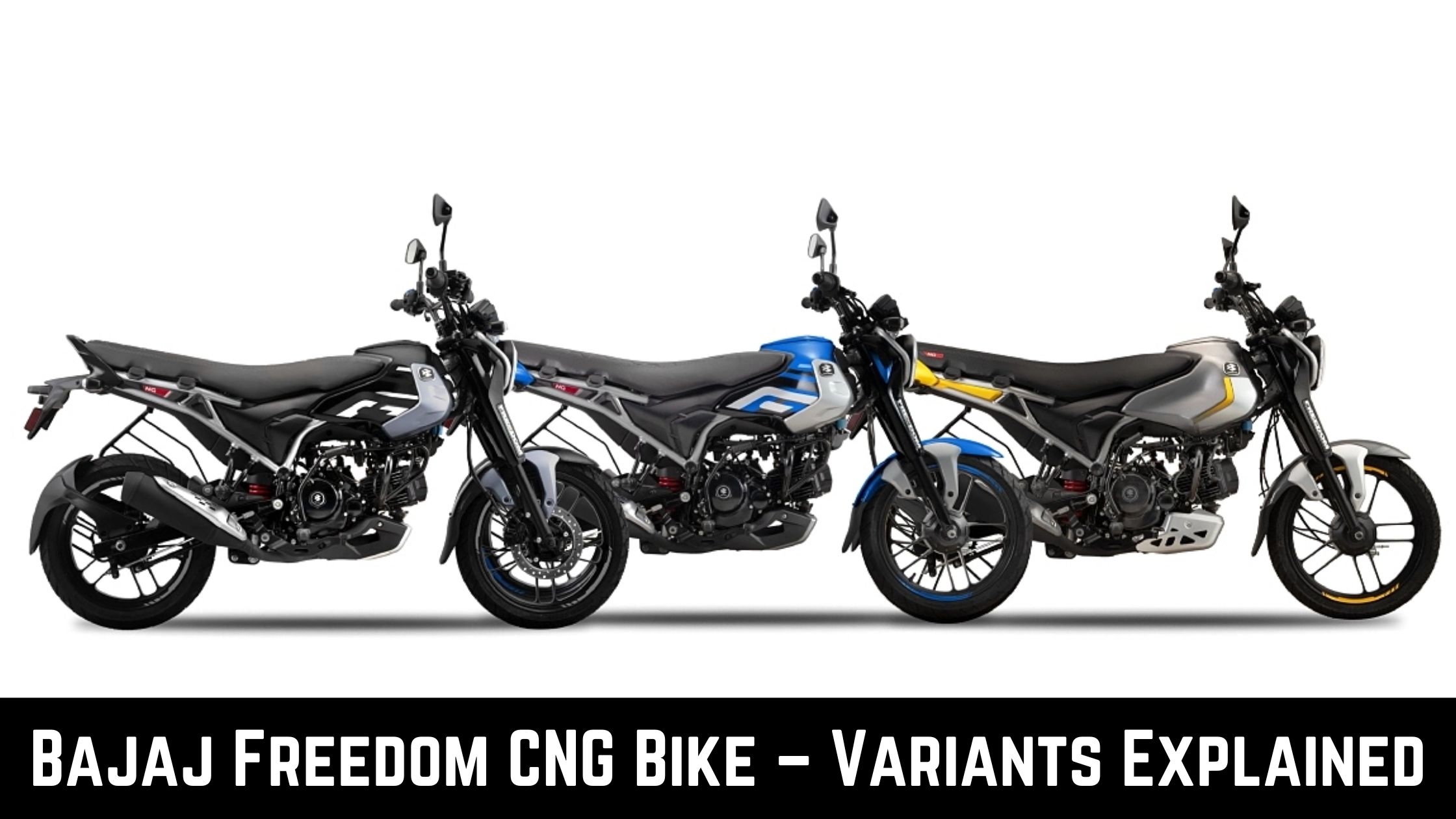
Ola Electric and Simple Energy bike, who recently joined the electric scooter market, boast industry-leading sales figures. Simple’s scooter is named the One, but Ola’s is called the S1.
Prices and Variants
The Simple One is only available in one variant and costs Rs 1.53 lakh, whereas Ola Electric’s scooter is offered in one variant (the S1; Rs 1,30,655). However, these prices are before state subsidies but following the FAME II subsidy. With EV incentives, customers could anticipate a significant price drop in places like Delhi, Gujarat, and others.
Regarding competitors, the costs of the other electric scooters are inclusive of the state subsidies provided by Delhi as well as FAME II. The TVS iQube costs Rs 1.42 lakh, a little higher than the Ola S1, and comes in just one configuration. The cost of Ather Energy’s 450 series is Rs 1.47 lakh. Lastly, the Bajaj Chetak costs a lot more because it still needs to match the standards for the FAME II subsidy. It comes in two variants: Urbane (Rs 1.31 lakh) and Premium (Rs 1.47 lakh).
Performance and Battery
First, the Ola S1 and S1 Pro have batteries measuring 2.98kW and 3.97kWh, respectively. The range that the business claims is 121 km and 181 km, respectively; real-world ranges will probably be lower than these ARAI values.
Even though both batteries have significant capacity, Simple One’s 4.8kWh battery holds the record for the largest battery capacity of any electric two-wheeler available in India. The One’s overall battery capacity is more than twice as large as TVS’ iQube (2.25kWh) and nearly twice as large as Ather’s 450X (2.9kWh). These factors allow Simple Energy to declare an Eco mode range of 203 km in real life.
| SPECIFICATIONS | OLA S1 | SIMPLE ONE | TVS IQUBE | ATHER 450X |
| POWER | 6000 W | 8500 W | 4400 W | 6400 W |
| TORQUE | – | 72 Nm | – | 26 Nm |
| BATTERY TYPE | Lithium-ion | Lithium-ion | Li-ion battery pack with BMS (Battery Management system) | Lithium-ion |
| BATTERY CAPACITY | 3kWh | 5kWh | 3.04 kWh | 2.9 kWh |
| KERB WEIGHT | 108 kg | 137 kg | 117 kg | 108 kg |
Let’s move on to the more fascinating aspect: the motors. With a stated maximum power output of 8.5 kW, the Ola S1 Pro is the most potent model. This is a substantial amount more than the Ather 450X’s highest power output of 6kW. With an output of 5.4kW, the Ather 450 Plus is less potent than the lower-spec S1 model, which claims the same peak power. Ola states that the torque produced by the S1 is 58 Nm (at the motor shaft). Conversely, Ather claims to have 26 Nm.
According to Bajaj, the motor used in the Chetak has a maximum power of 4.08 kW, which is marginally less than the 4.4 kW reported for the TVS iQube. On the TVS, the torque values are 33 Nm, while on the Chetak, they are 16 Nm.
On paper, though, the Simple One is more potent than these two because it can produce up to 4.5kW of power and 72 Nm of torque at its peak. The TVS iQube is the only scooter in our comparison with a hub-mounted motor.
Although the Simple One weighs only 110 kg at the curb, the Ather 450X is the lightest at 108 kg. At 121 kilograms and 125 kg, respectively, the Ola S1 and S1 Pro are significantly heavier. The TVS and Chetak, with their kerb weight of 118 kg, are in the middle.
Features
All three brands of e-scooters—Simple, Ola, and Ather bike—use TFT screens with touchscreen functionality. The TVS’s display is a sizable TFT unit as well. However, it can only be operated by pressing certain buttons. On the other hand, the Chetak sports a round, uncomplicated-looking LCD that shows the most basic information; however, to offer more details, you must install the app on your smartphone. But the benefits of the others outweigh these characteristics.
The other scooters’ giant color screens show ride data, navigation, and SMS and phone alerts. In addition, the Ola boasts features like a voice assistant and a brake pad wear sensor that are firsts in the segment. Only the Ola bike and Simple EVs have cruise control, even though all of these scooters have reverse capabilities, and the Simple has tire pressure sensors.
Conclusion
The area for electric scooters was evenly distributed before the advent of scooters from Ola and Simple. But as the market for electric vehicles has shown, it is growing. The S1 and One aim to provide greater power and range with their respective price tags. The S1 is the comparison’s most reasonably priced electric scooter. How well they work once we get our hands on them is still to be seen. And, more crucially, how successfully these new businesses can introduce their goods to the market.



